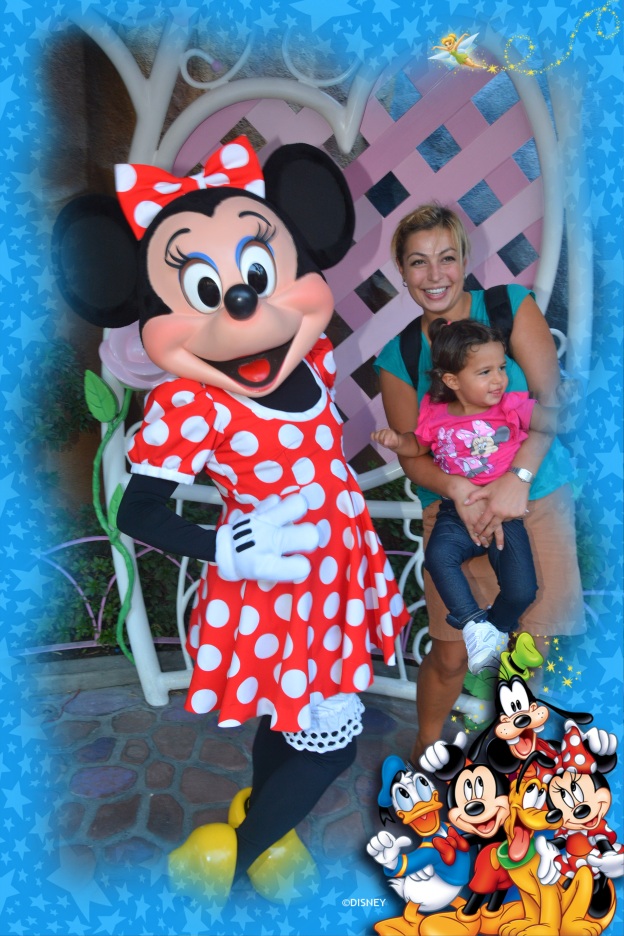Who is the student interested in taking Psychology course at the local Community College? Well, I would know because I was one of them not so long ago. I studied and mastered the knowledge of psychology field since 1997 while attending Moldova State Pedagogic University majoring in Developmental Psychology. Interestingly, the course work covered at the foreign university included Neuroanatomy, Developmental and Abnormal Psychology, Methods of Teaching, etc. This curriculum cultivated relentless interest in Psychology as not only the study of human psyche, but as the philosophical standpoint that encourages tolerance and acceptance while abandoning judgment and application of stereotypes. At that time, learning about works of Jung, Skinner, Freud, Bandura, and Pavlov opened a new door to understanding human behavior, motivation, emotion, and mental disorders. In my freshman year, I remember presenting the synopsis of the book by Lev Vygotsky on Socio-Cultural theory of child development to fellow classmates. I felt empowered and vested with unique opportunity to share my knowledge and perspective on the material that I rigorously mastered anticipating teacher’s question. That one hour in front of my fellow students gave me the inspiration and strength to follow the teaching career despite the turns my life would take in the subsequent years.
The next chapter of my academic journey began at Santa Monica Community College where I declared Chemistry major with intention to become a medical professional. Academic load included Biology with lab, Inorganic and Organic Chemistry, Calculus and Calculus-based Physics. These classes developed the new regimen of learning which was based on the factual data and statistical analysis. Moreover, these coursework taught the significance of the research and experimental data while nurturing the investigative skills of the promising scholar. Eventually, the preparation and hard work paid off when I received the acceptance letter from the University of California, Los Angeles granting the admission to Psychobiology major in 2004. This program was fascinating, challenging, and exciting. Upon my graduation in 2007, I decided to pursue the graduate studies in Psychology by applying to Argosy University Orange County campus, and majoring in Counseling Psychology/Marriage and Family Therapy Program. Next couple years provided valuable experiences in terms of leaning various psychological theories and modalities, as well as their application in the treatment of mental disorders. We studied and analyzed Depression, Schizophrenia, Bipolar Disorder, Addiction, Autistic Spectrum of Disorders, ADD/ADHD, Obsessive Compulsive, and Dissociative Personality Disorder to name a few. The graduate program led to the internship at Ocean View School District in Huntington Beach where I worked as the counselor with students experiencing various academic, behavioral, and emotional adversities. These experiences were valuable in shaping my interpersonal skills when working with teachers and students, teaching the importance record -keeping, evaluation of students’ progress, and outlining the standards of professional conduct and ethics. At this point of my professional career I realized that I would ultimately aspire to work as the educator/mentor. The prospect of spreading the knowledge, and passing the torch of academic excellence to a younger generation provided unparalleled fulfilment and elation.
Moreover, the opportunity to teach Psychology course appeared when I received a call from Jeff Courchaine, the Dean of Social Sciences Division at Goldenwest Community College who offered a part-time faculty position in fall 2012. Initially, I taught a hybrid Psychobiology course (PsychologyG250) which included the application of Learning Management System (Blackboard), and a weekly lecture on campus. I effectively utilized Blackboard as the leading method of administering quizzes, publishing the class announcements, initiating the discussion threads, and submitting the research papers. Throughout my teaching experience I have discovered the importance of applying a teaching style that is relevant, engaging, and occasionally entertaining. Students enjoyed sharing their personal experiences while learning about the mechanism of behavior, the anatomy of the brain, physiological principles related to emotion, learning, and memory. I realized that encouraging students’ participation is one of the key factors necessary to sustain their interest. And there are many different pathways to accomplish this goal. During the lecture, I incorporate various learning modalities such as group activity, review of previous material via verbal or visual cues, preparation of the flash cards pertaining to novel terms and new concepts, viewing of innovative videos and animations relevant to the covered lecture. Also, I actively employ the Blackboard On-line Learning Management System to initiate the discussion among students, submit writing assignments, administer quizzes, and tests, as well as accurately collect students’ scores. In the course of my teaching career, I have developed numerous techniques to improve, evaluate, and report Student Learning Outcome (SLO).
Modern students are curious, ambitious, well-versed in current cultural events, addicted to social media, and dependent on the Internet. They appreciate the opportunity to learn about latest research in neuroscience, physiology, and psychology while applying the new information to real-world scenarios. To stay abreast of new experimental data I subscribe to professional magazines such as Scientific American Mind. Moreover, I attend various webinars related to my field of study such as Evidence-Based Nutritional Strategies for the Aging Brain, How Nutrients Affect Mental Health and the Brain, and Understanding and Treating Anxiety Disorders (provided by the Institute for Brain Potential). Another great opportunity to advance my teaching methods came from the Cengage Learning, a publishing organization that incorporates e-books and on-line learning seminars to help me, as the educator, keep track of students’ engagement in hybrid classes, customize students’ learning experience, and improve their study skills. In a nutshell, learning is a life-long process. In my opinion, it is the commitment to staying innovative, thought-provoking, and inspiring for the young generation to pursue their professional and academic goals while they acquire higher education as well as grow personally.

You must be logged in to post a comment.